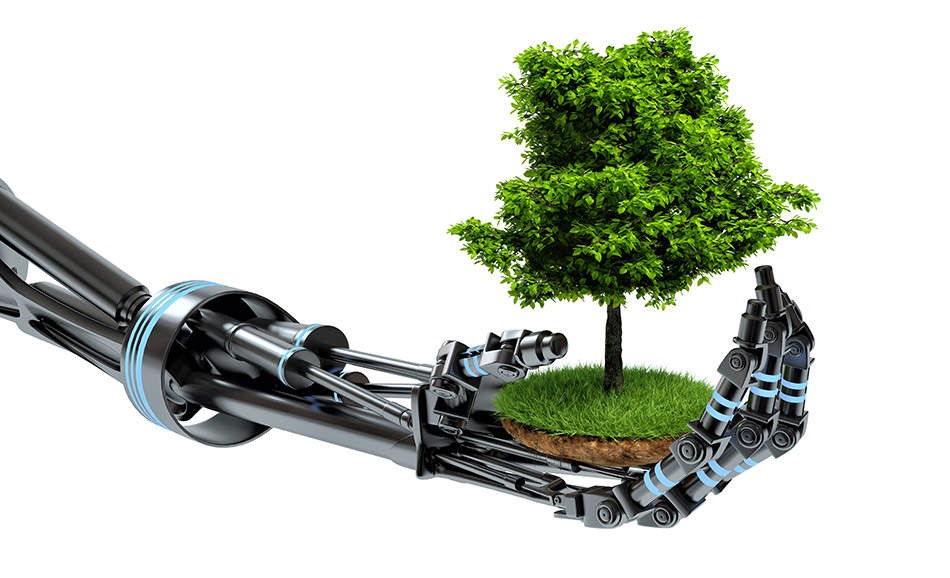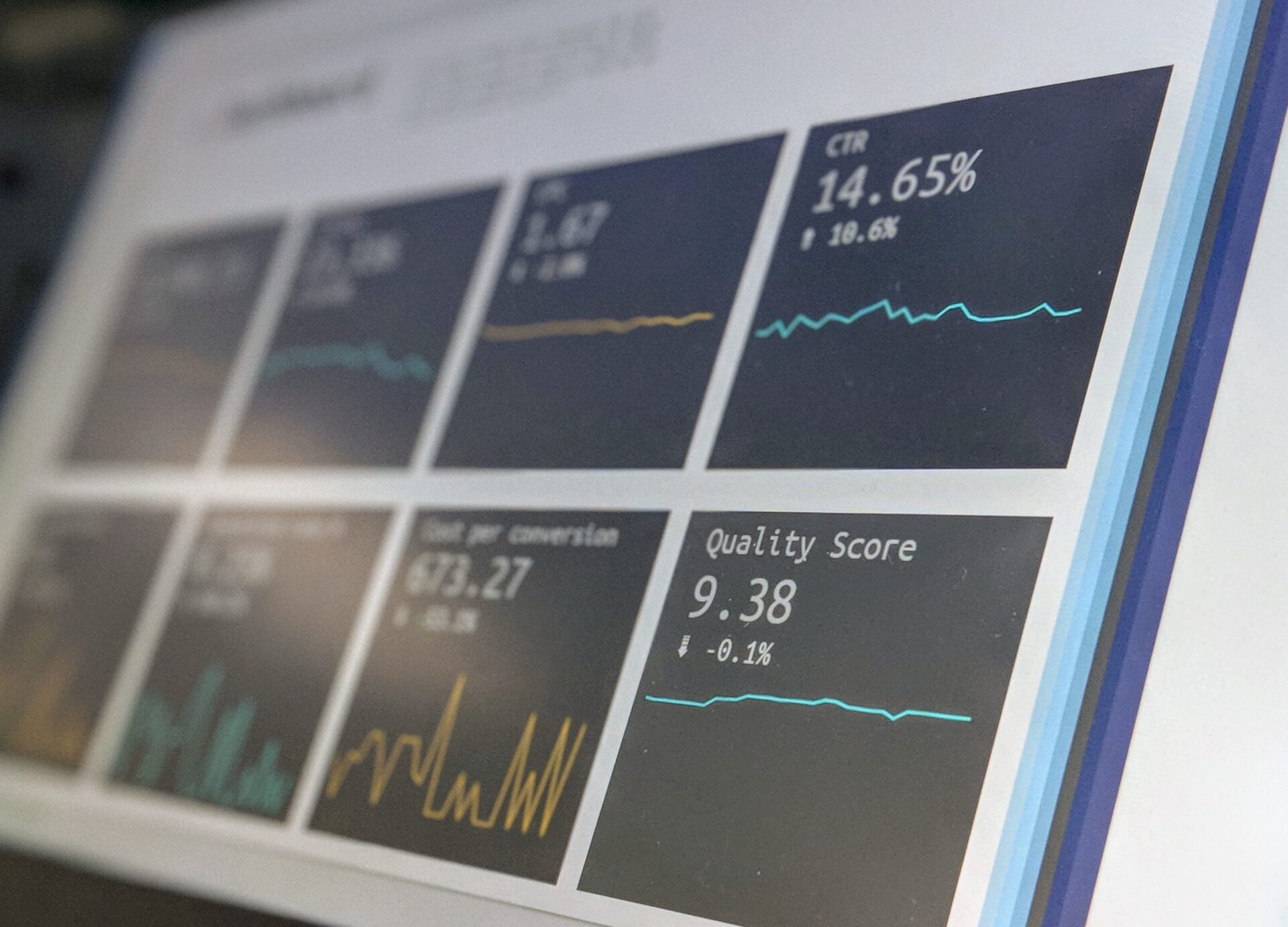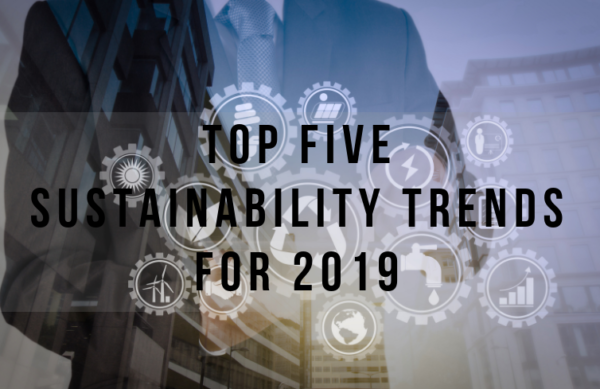This four-part series on developing trends and opportunities in Sustainability is for new graduates and young professionals attracted to sustainability careers. It is also for established professionals disenchanted with how many corporations and governments disregard obvious societal needs.
Last week we discussed about sustainability employment trends. Climbing the corporate ladder goes beyond advancing a career. It should include protecting access to resources, human rights, clean environment, educational opportunities and community wellness — worthy ambitions for emerging sustainability professionals.
Part 2: Career Path
With an entrepreneurial spirit and lots of hard work, you can carve your own path, build a business unique to your skills and interests. The Sustainability Academy Online Diploma on Social Entrepreneurship is a great place to start. For the rest of us, the best path is within an established organization. To excel on that path, you need a few pointers.
Develop multiple skills. Sustainability practitioners will be integral to legal teams, marketing departments, ERM (risk management), communications, R&D, HR and many other cross-organizational departments. Increasingly, department heads want a sustainability expert who can answer questions, lead programs and inform policy throughout the corporate structure. You can get that degree in accounting your mother always dreamed of AND be a sustainability professional. Are you interested in Communications? Then, the Introduction to the GDPR is essential.
Take opportunities to be an Intrapreneur. EVERY organization can be more sustainable. Find those pressure points, work out solutions and present them to the decision makers. Do this in your department, in other departments, for your boss and your boss’s boss. Develop the skill to pitch an idea. Find the ideas which will make your company stronger. You might lead your company’s next success in limiting its carbon footprint or the best social impact project to improve community relations.
Find a mentor or sponsor within the organization. This person needs to share common sustainability interests and ambitions. She or he needs to be in a management, director or even C-suite position. Cultivate this relationship. Couple your energy and creativity with their experience and leadership.
Be brave. Take the hard jobs. Ask for help and give praise. Stand your ground for what is right. Courage and perseverance include risk. Expect to have a brilliant idea (or ten) which others will dismiss. By taking the hard jobs, showing you are game and capable for the challenging tasks, you gain respect and expertise, so your next brilliant idea cannot be dismissed.
Aim for the C-suite. Better yet, plan to take over – CEO, President, Chairperson of the Board. Set this goal and the path will manifest. Be the first Fortune 500 CEO who started as an associate in the Sustainability Division!
CSE helps professionals advance careers through certified on-site and group training services globally as well as the online Sustainability Academy. CSE is a recognized global leader in professional Sustainability training and coaching and one of the first to recognize the growing need for advanced certified education in the sustainability field. The Sustainability Academy is CSE’s global initiative to offer affordable, specialized, online education focused on Sustainability and Corporate Responsibility. Our goal is to train 100,000 professionals by 2020 and make an impact on our planet!
*************************************************










